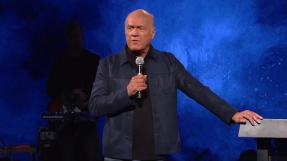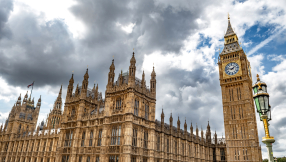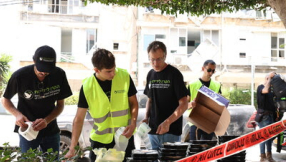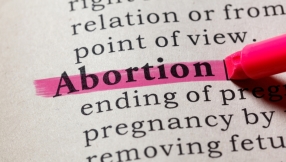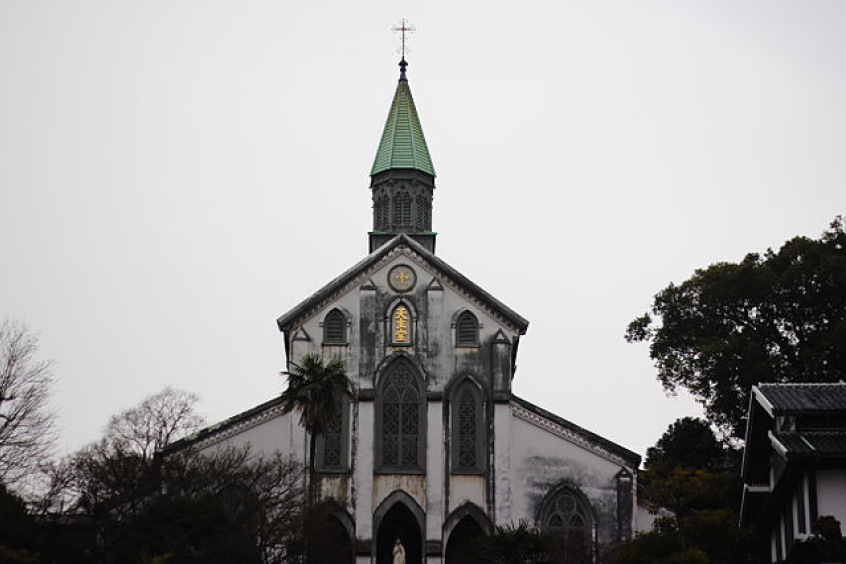
About a dozen sites where Japanese Christians secretly practiced their faith around 400 years ago were reportedly recommended by UNESCO to be included in the World Heritage list.
The preliminary review panel from U.N. agency has reportedly recommended 12 Hidden Christian sites, where a community of believers worshipped when the Tokugawa Shogunate banned the religion between the 17th and 19th centuries.
Among the sites included in the recommendation was the Oura Church in Nagasaki, one of the oldest surviving churches in Japan.
The recommendation also listed the former Hara Castle in Minami-Shimabara, Nagasaki Prefecture, which was besieged in the 17th century when peasants, comprised mainly of Christians, revolted against the local landlord.
Another site that made the list was the village of Sakitsu in Amakusa, Kumamoto Prefecture, where Christians held on to their faith despite persecution from the shogunate. The Sakitsu Church lies at the center of the village, according to Japan News.
UNESCO's Intergovernmental Committee will officially discuss the viability of recommended sites during a meeting in Bahrain beginning on June 24, Japan Times reported.
The Japanese government said that the sites serve as a reminder of how the Christians secretly upheld their faith despite brutal suppression of the religion.
"Hidden religious practices were apparently made possible for a long period of time due to tolerance of religions in Japan, despite the suppression of Christianity," said Hideo Hattori, a professor emeritus of Kyushu University, as reported by Japan News.
Hattori, an expert on Japanese medieval history, serves as the chairman of a committee that examines the government's statement of recommendation for the hidden Christian sites.
"Political power can't fully control the human mind. This is indeed the lesson learned from Christian-related sites. I welcome the recommendation for their registration," he added.
The Japanese government also submitted a chain of islands in Kagoshima and Okinawa prefectures to be added to the World Heritage list of natural sites.
However, the Paris-based International Council on Monuments and Sites (ICOMOS), which made the recommendation of the hidden Christian sites, stated that the registration for the natural sites should be postponed and asked the government to reconsider its explanation for the proposal.
A ministry official expressed disappointment with the panel's decision on the natural sites, but said the government was confident that the Christian sites would be officially recognized as World Heritage sites by UNESCO.
Japan currently has 17 sites in the World Cultural Heritage List, and four on the Natural World Heritage List, according to Asahi Shimbun.










